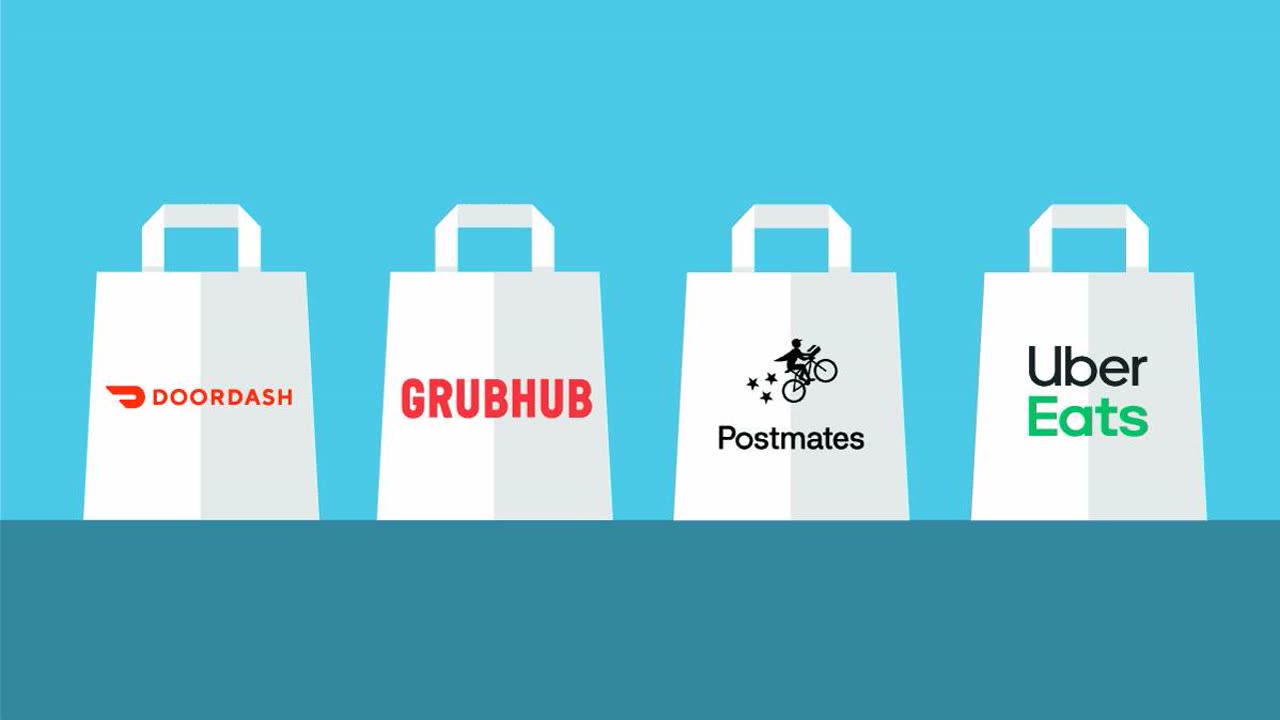Premium Only Content

Door Dash, Grub Hub, Uber Eats, Postmates Tax Deductions
Mileage or Car Expenses:
Mileage Deduction: You can deduct business-related mileage, including trips to pick up deliveries, travel between deliveries, and the trip back home. The IRS standard
mileage rate (in 2023, it's $0.655 per mile) represents the average cost of using your car for work. Alternatively, you can itemize and deduct specific car expenses like
gas, maintenance, car payments, insurance, and registration fees. Remember, you can't deduct both mileage and individual car expenses simultaneously. Keep a mileage log to
track work-related driving.
Phone & Service Bills:
Deduct a portion of your phone and related expenses if used for work purposes. Determine the work percentage based on phone records, work app usage, or other methods.
Accessories like car chargers and mounts used for work are also deductible, but only for the work-related percentage.
Hot Bags, Blankets & Courier Backpacks:
Deduct expenses for gear used in your deliveries, such as hot bags, blankets, or insulated bags. These items must be used exclusively for work to qualify as deductions.
Tolls:
Toll fees paid during work-related trips are tax-deductible. Ensure that Doordash does not already reimburse these tolls.
Parking:
Deduct parking fees paid while working. However, parking tickets and other traffic violations are not deductible because they result from inappropriate driving, not direct
work-related activities.
Inspections:
Expenses related to work requirements, such as background checks and vehicle inspections, are tax-deductible as long as they are necessary for your job.
Roadside Assistance:
Fees for roadside assistance programs like AAA are tax-deductible. Deduct only the portion of the expense used for work-related purposes.
Health Insurance:
If you pay for your health insurance, the premiums can be tax-deductible for self-employed individuals who meet IRS requirements. Consult IRS guidelines to ensure
eligibility.
Tools and Services:
Deduct costs for tools and services used for business purposes. For example, mileage and expense tracking apps are fully tax-deductible. Any other apps, tools, or services
with a one-time fee or annual subscription that you use for your business are also deductible.
Remember, maintaining detailed and accurate records of these expenses is crucial. Using a dedicated mileage and expense tracking app can help you
automatically log deductible miles and expenses, making it easier to claim these deductions during tax season. Additionally, consulting a tax professional ensures that you
are maximizing your deductions and complying with tax regulations.
-
 0:46
0:46
Dr Disrespect
3 days agoIt's not just a stream... it's an experience
746K3.36K -
 4:31:24
4:31:24
nickelsYT
10 hours ago $17.74 earned🔴LIVE-First Day on Rumble Warzone Area 99 Big Map...Proximity Fun
40.6K -
 9:18:07
9:18:07
cbsking757
10 hours ago $15.86 earned★FINISHING NEBULA BEFORE WE START THE ABYSS GRIND! #callofduty #blackops6
39.7K2 -
 5:14:30
5:14:30
SpartakusLIVE
10 hours agoGIGA Spart exudes PEAK MASCULINITY
60.9K3 -
 45:41
45:41
Stephen Gardner
10 hours ago🔥Elon Musk’s SHOCKING Role in Trump’s Plan to EXPOSE DC Criminals | Errol Musk Speaks Out!
105K122 -
 20:10
20:10
DeVory Darkins
16 hours ago $26.18 earnedThe View ERUPTS Over Call for Biden to Pardon His Son
81.8K107 -
 5:14:10
5:14:10
GamingChad
12 hours agoMS Flight Simulator 2024 - Lets Make this Turkey Fly -Career mode Pt.2
99.9K7 -
 5:00:01
5:00:01
Pepkilla
13 hours agoHappy Thanksgiving ~ Wumble StwEeeem
61.9K5 -
 7:24:25
7:24:25
Rotella Games
1 day agoThanksgiving Side Missions & Hangout | GTA San Andreas
73K7 -
 4:07:31
4:07:31
MafiaTwin
12 hours agoFrist Stream On Rumble
53.2K1